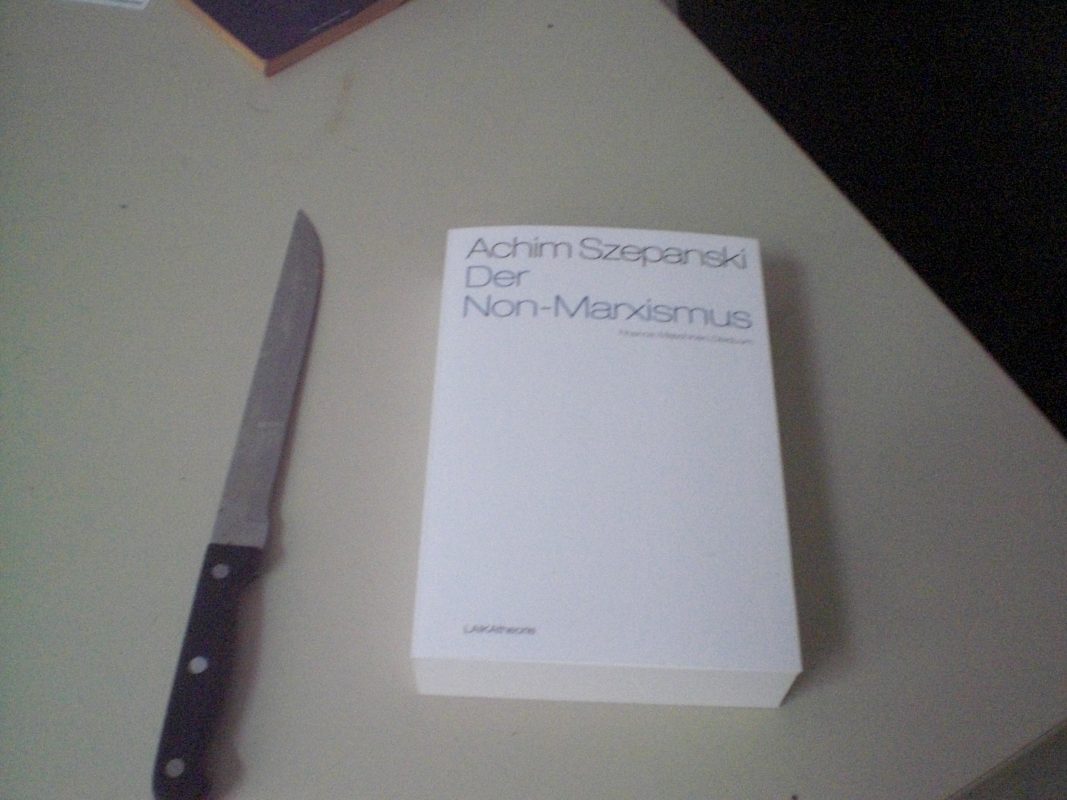Der Non-Marxismus Finance, Maschinen, Dividuum (Leseprobe)
Der Non-Marxismus ist der erste Text in deutscher Sprache, der es unternimmt, François Laruelles Konzeption des Non-Marxismus im Licht seiner Non-Standard-Philosophie darzustellen. Es ist Laruelles Ziel, die philosophische Komponente des Marxismus so zu reduzieren, dass aus dem Zirkel eines auf […]
Der Non-Marxismus Finance, Maschinen, Dividuum (Leseprobe)









